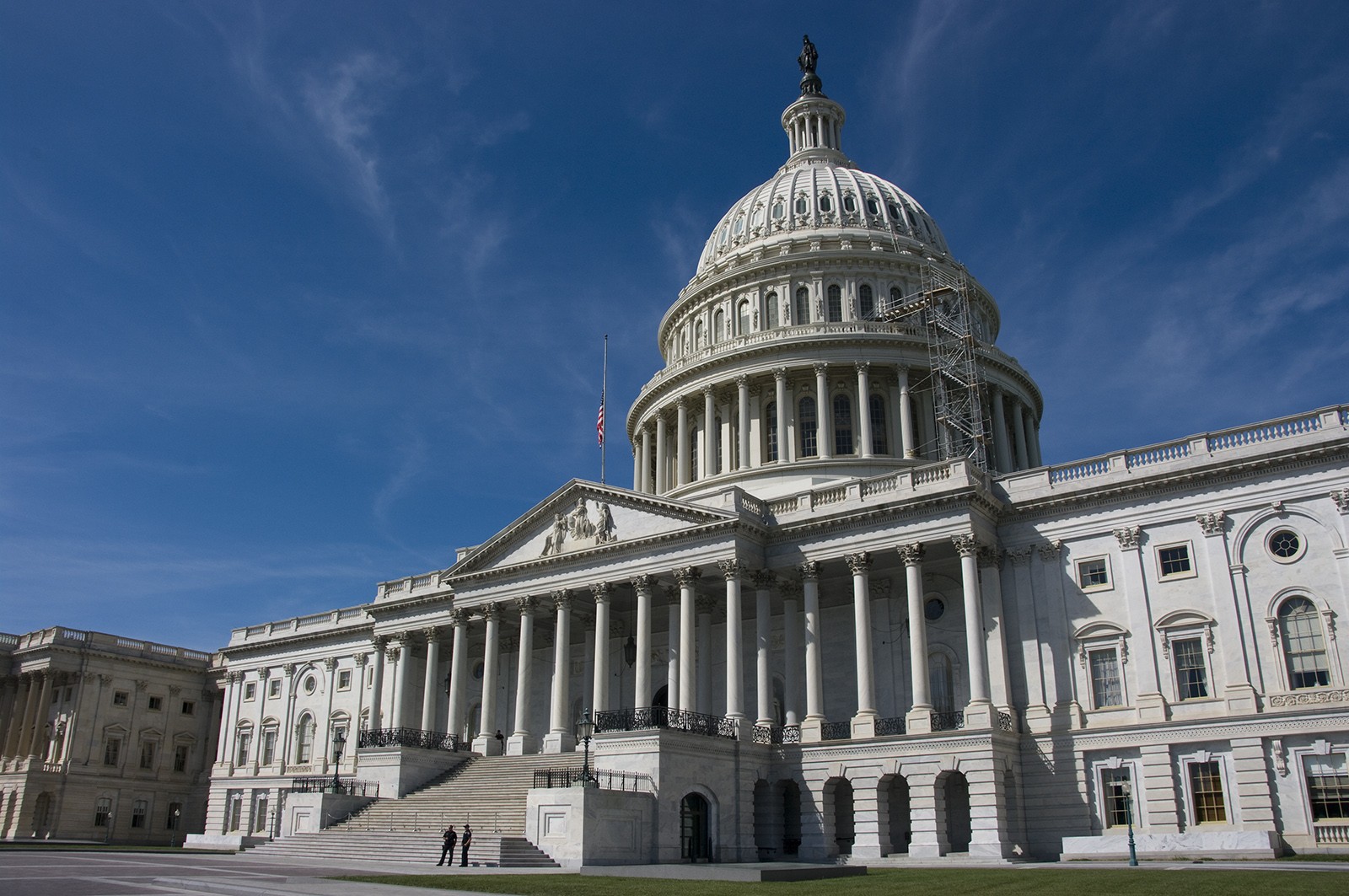
Key Takeaways
- The U.S. Senate voted to repeal the SEC's Staff Accounting Bulletin No. 121.
- A dozen Democrats joined 48 Republicans in supporting the repeal.
- President Biden has threatened to veto the resolution, citing investor protection concerns.
The U.S. Senate voted 60-38 to repeal the SEC’s Staff Accounting Bulletin No. 121 (SAB 121) on Thursday.
This controversial policy, issued in 2022, mandates that companies holding customers’ cryptocurrencies must record them on their own balance sheets, which could have significant capital implications for banks.
Despite the Senate’s vote, President Joe Biden has vowed to veto the resolution, arguing that its removal would undermine protections for investors in the Bitcoin market and the broader financial system.
Democrats join Republicans
A dozen Democrats joined 48 Republicans in voting to repeal SAB 121, although the resolution did not achieve the veto-proof majority needed to override Biden’s threat.
Senate Majority Leader Chuck Schumer (D-N.Y.) and other Democratic leaders opposed the SEC’s policy.
Senator Cynthia Lummis (R-Wyo.), who led the resolution in the Senate, criticized SAB 121 as “a disaster” that failed to protect consumers.
This is a win for financial innovation and a clear rebuke of the way the Biden administration and Chair Gary Gensler have treated Bitcoin assets
Lummis said in a statement.
SEC issues
Republican lawmakers have condemned the SEC for not following the proper rulemaking process in implementing SAB 121.
The Government Accountability Office supported this criticism, indicating the SEC erred by treating the policy as staff guidance rather than a formal rule.
The Congressional Review Act allowed Congress to challenge SAB 121, with 21 House Democrats joining the largely Republican effort.
Rep. Kyle Flood (R-Neb.), a key proponent of the resolution, praised the bipartisan support and urged President Biden to reconsider his veto threat, emphasizing the resolution’s importance for the future of digital finance.




